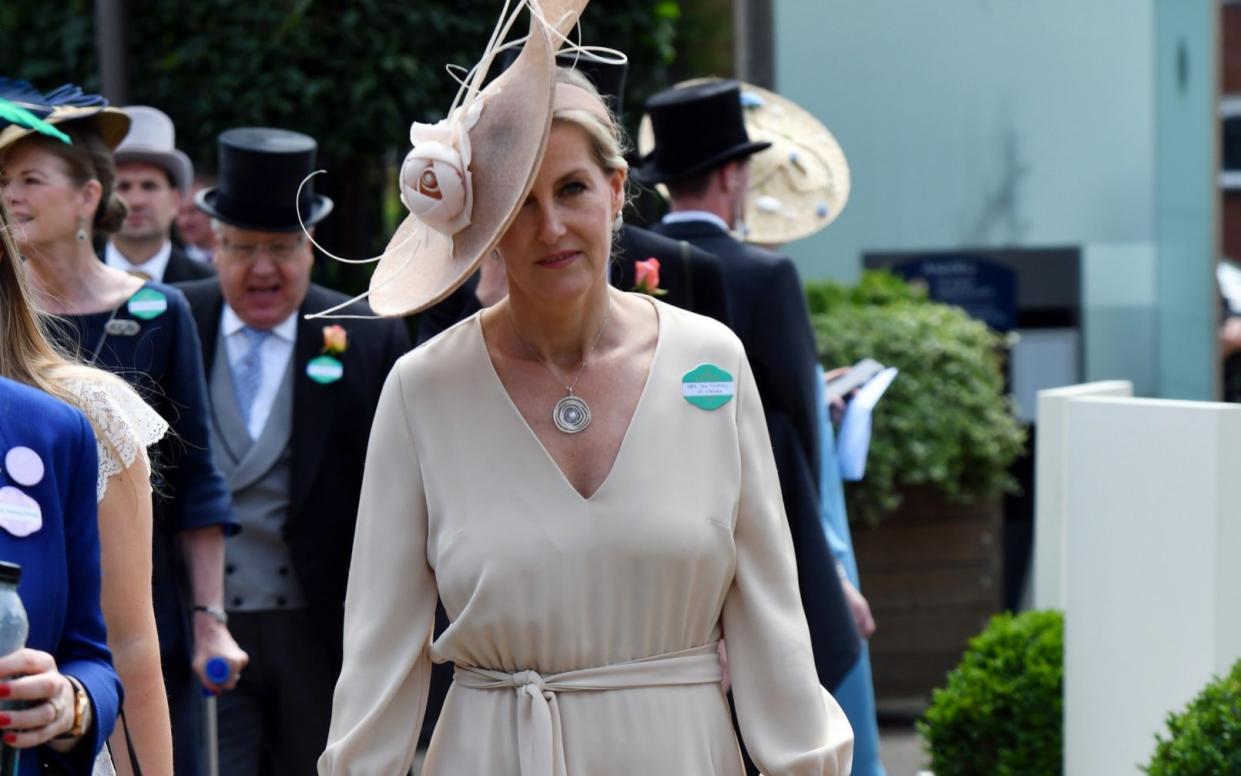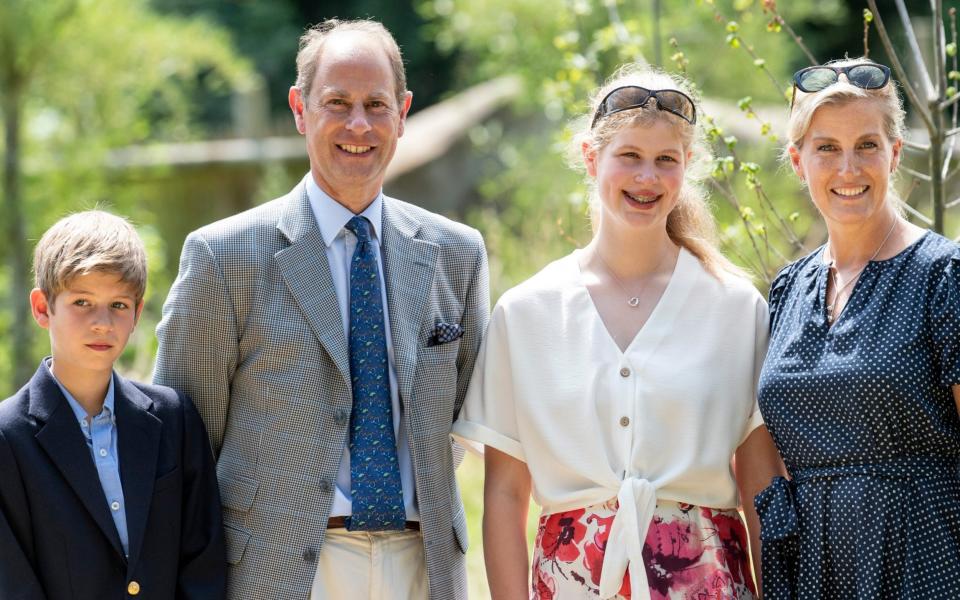Rape as a weapon should be taught in schools, says Sophie, Countess of Wessex

The Countess of Wessex has said that rape as a weapon of war should be taught in schools, warning that it was used to terrorise and eradicate whole communities.
The Countess, 56, said sexual violence was as bad as holding a gun and should not be considered a lesser crime.
In a wide-ranging interview with BBC Radio 5 Live, the Countess, also expressed concern about the rise in domestic violence in the UK since the beginning of the pandemic and said parents should discuss the issue of sexual consent with their children.
"I think the more conversations that take place, and the more confident girls and young women are to talk about these things and to call it out and to call out any kind of behaviour they’re not happy with, hopefully that might give them more confidence,” she said.
"The more people come forward, the more momentum it will hold.... I think it’s about having honest, open conversations as a family, but also hopefully in school settings as well."

She revealed that her daughter, Lady Louise, 17, was had a “natural curiosity” about her work with survivors of sexual violence and that they chatted about it “quite a lot.”
She said her son, James, Viscount Severn, 14, was also “quite conscious of this whole issue of inappropriate behaviour between girls and boys.”
The Countess also described the “giant-sized hole” that the Duke of Edinburgh’s death had left in the family.
She said they had travelled to Scotland in half term, returning to the spot on the Coyles of Muick where, 17 years ago, she took the photograph of the Queen and the Duke relaxing in the sunshine that was released following his death in April.
“Just to be there, in that place, was an, ‘oh my God’ moment,” she said. “So I think they’ll come and go, but you have to let them come, and let them go.”
She also described how the Duke had once set up an arena for Lady Louise to practice carriage riding on the perfectly manicured lawn outside Balmoral castle, to everyone’s horror.
“The only other person who had something to say on the subject was the Queen,” she laughed.
The Countess devotes much of her time to supporting the Government's Preventing Sexual Violence in Conflict Initiative and has travelled to many conflict zones.
She said that hearing somebody’s story of gang rape “absolutely brings you to your knees.”
Recalling one such personal account, by a woman in her 70s, she said: “I had tears falling off my face as she was talking to me. I was completely silent, but I was just in floods of tears.” The Countess said that every story she heard lived with her but that she thought it vital that the issue was considered “in the micro” rather than the macro, “because every life is important.”
She said she hoped that being an advocate for those women, making sure the subject did not drop off the agenda and encouraging the UK to invest in people’s futures, might affect change.
“Weapons get laid down at the end of a war, but people who have been raped and tortured will carry that with them for the rest of their lives,” she added.
“And it doesn’t just go away because a peace accord has been signed.”
The Countess added: “If I’m standing holding a gun at your head, you’re going to say I’m a bad person, and something should be done about it.
“ I mightn’t be holding a gun — but the effect that I’m going to have on you is going to be lifelong, if I attack you and abuse you and rape you. This is as bad as holding a gun and I don’t think it should be seen as any the less.
“It’s actually one of the most pernicious weapons of war that exists and people have to atone for it and that has to start at the top.”
She said she could “see no reason” why it should not be taught in schools because it is a reality.
“Your natural understanding of what war is about … is guns and rockets, and people arguing about territory,” she said.
“It’s much more complicated than that. These days it’s not only about territory, it’s about minerals and all sorts of things and access — and I think it’s important to put war into context as to what really happens, without frightening people and making it too unpalatable. “It would be important to actually cover that as an actual issue. How appropriate it would be, I don’t know, I’m not an educationalist, but I do think in terms of understanding there are multiple weapons that are used in war, and it’s not all about guns and bullets and there are other types of warfare are being used, have been used.”

